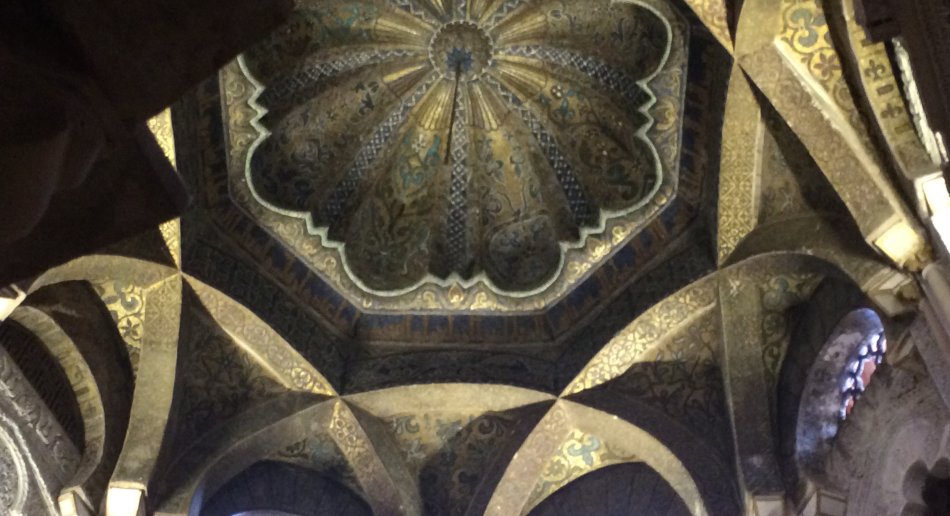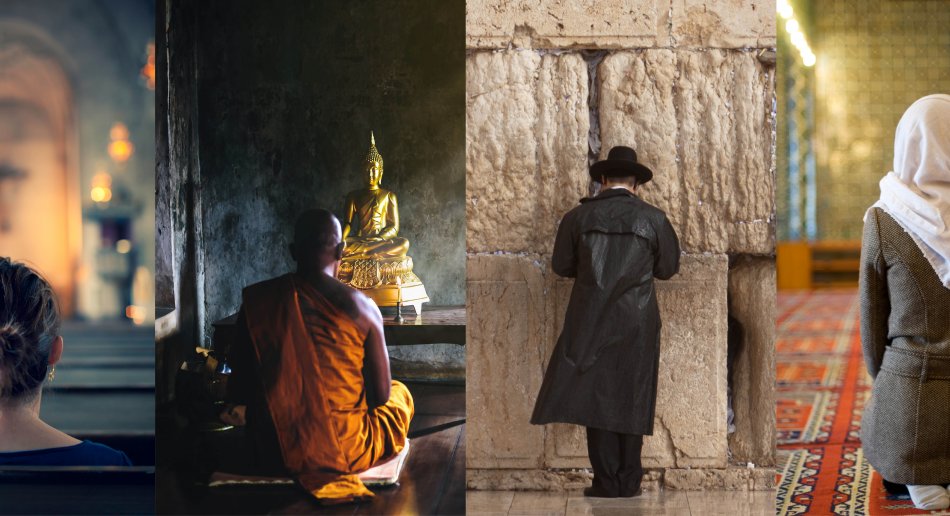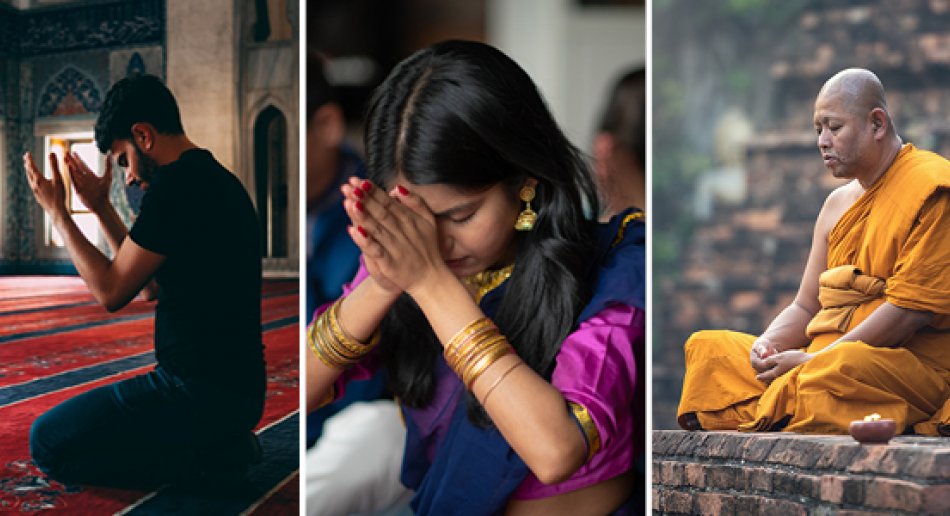
Master in the Study of Religion
Study info
- Progression: Full time
- Duration: 2 years
- Credits: 120
- Language: English
- No longer open for application.
The Master in the Study of Religion will no longer accept new students from Spring 2026
How did the empires of the world shape religions, how does religion influence politics, and how do religious groups today resist and negotiate power locally and globally?
In the Master’s program Religion, Politics, and Empire, you can study the history of political Islam, the significance of empire for Asian religious formations, the movements of religious artifacts on the global antiquities market, and the local and networked religious diversity in Oslo.
Religion, Politics, and Empire offers you both a broad disciplinary competence in the Study of Religion and the opportunity to specialize in a preferred area of study. You choose between an Asian Religions track, an Islam track, and our Maverick track. The latter track caters for the independent-minded student.
The Study of Religion is the global and comparative, academic study of religion as a historical and contemporary phenomenon. MF’s Study of Religion faculty are leading experts in their respective subfields.
About the study
Admission requirements
If you are an international applicant, please refer to our Application and Admission pages for detailed information in English about the requirements, application deadlines for non-EU applicants (regardless of residency), and the application process in full.
Programme structure
You choose between an Asian Religions track, an Islam track, and our Maverick track. The latter track caters for the independent-minded student.
| Fourth semester | MA Thesis (30/60 ECTS) | ||
| Third semester | MA Thesis (60 ECTS) or International exchange | ||
| Second semester | Track Elective 2 (10 ECTS) | RL5140: Religious Heritage for Sale (10 ECTS) | MET5010: Qualitative Research Methods (10 ECTS) |
| First semester | Track Elective 1 (10 ECTS) | RL5120: Religion and Empire (10 ECTS) | RL5110: Current Debates in the Study of Religion (10 ECTS) |
Islam track electives:
Track elective 1: Arabic (10 ECTS) or RL5130: Religious Worlds of Oslo (10 ECTS)
Track elective 2: Arabic 2 (10 ECTS) or RL5160: Elective Readings (10 ECTS)
Asian Religions track electives:
Track elective 1: Sanskrit (10 ECTS) or RL5130: Religious Worlds of Oslo (10 ECTS)
Track elective 2: Sanskrit 2 (10 ECTS) or RL5160: Elective Readings (10 ECTS)
Maverick track electives:
Track elective 1; a language course at your discretion (10 ECTS) or RL5130: Religious Worlds of Oslo (10 ECTS)
Track elective 2: RL5160: Elective Readings (10 ECTS)
Programme description
The MA in the Study of Religion consists of 120 ECTS:
• 40 ECTS made up by compulsory courses
• 20 ECTS made up by electives
• Either: a 60 ECTS Master’s thesis. Or: 30 ECTS international exchange and a 30 ECTS Master’s thesis.
The 60 ECTS Master’s thesis may include Student mobility for traineeship. For more information, please contact your student advisor.
The programme offers three predefined tracks. These tracks structure the choice of the electives in the first and second semesters and help you choose the topic of the Master’s thesis in the third and/or fourth semester. If you want to study a semester abroad, the tracks could influence the choice of the destination for your international exchange/traineeship semester.
Learning outcome
Knowledge
The candidate shall:
Skills
The candidate shall:
General Competencies
The candidate shall:
Exchange programme
MF has exchange agreements with several partner universities. You can find more information about exchange opportunities for your study programme on https://mf.no/studenter/mf-internasjonalt/soke-utveksling
Be sure to plan and apply for the exchange well in advance in order to secure a spot.
MF recommends that students that wish to do an exchange do so in their third semester. Applying for an exchange in the first semester is reserved for students already accepted to one of MFs other study programmes.
Further studies and career opportunities
The master’s program Religion, Politics, and Empire: Master’s in the Study of Religion provides you with a solid and versatile academic competence that opens up several different career paths.
The master’s program is rooted in the Study of Religion, which identifies as a global, comparative and interdisciplinary humanities subject. The goal of the program is to develop advanced knowledge of the relationships between religion, power and politics based, primarily, in the study of texts, artifacts, ethnographic data and multi-medial materials. The program provides a broad orientation in theory and methods, focusing, for example, on discourse analysis, ethnography, archival studies, digital humanities and critical theory. The track structure enables you to specialize either in Islam, Asian religions or a field of your own choice. It allows students with an interest in languages to develop a relevant language competence. The program helps you develop generic skills such as critical reading, the handling of large and complex data sets, and the ability to formulate and present knowledge about religion, for example, in social media.
Candidates with a master’s degree in the Study of Religion work in research and education, public and state administration, publishing houses and news media. Depending on your specialization, you may build a career in the museum and cultural heritage sector, or in NGOs or other organizations that require familiarity with religion, migration, and cultural identities. The master’s degree may also qualify you to apply for a PhD.



